It isn't wasn't isn't working very well.
hello-jni fails failed with:
Starting LLDB server: run-as com.example.sample
/data/data/com.example.sample/lldb/bin/start_lldb_server.sh
/data/data/com.example.sample/lldb
/data/data/com.example.sample/lldb/tmp/platform.port1442695333842 "lldb
process:gdb-remote packets"
Error while launching debug server on device:
com.android.tools.ndk.run.DebuggerContext$StartServerException:
java.lang.IllegalStateException: Failed to read platform port
/data/data/com.example.sample/lldb/tmp/platform.port1442695333842
I'm using 1.4RC1
compileSdkVersion 23
buildToolsVersion "23.0.1"
And the "app-native" run configuration @Gerry mentioned. It's nearly there, but I can find no trace of an lldb directory in my app's private data folder. I do find a 400kb gdbserver in the lib directory linked from there, with my own *.so right besides. Unfortunately the option for debugging with gdb instead of lldb has gone with the upgrade from 1.3 to 1.4. NDK 10e ships a 400kb gdbserver binary in ndk\prebuilt\android-arm\gdbserver which it is (I guess). On September 15th the gdb debug howto https://github.com/mapbox/mapbox-gl-native/wiki/Android-debugging-with-remote-GDB was updated. This is harder than logcat debugging IMO, but a current topic, sorry to be so negative but I don't believe lldb actually works yet.
I have run hello-jni and reached the same conclusion.
So in answer to your question, it is not yet possible to debug C/C++ in Android Studio. Sorry this wasn't the answer you hoped for and I hope to be proved wrong with conclusive evidence to the contrary, but right here, right now, no chance!
UPDATE I raised an issue where I was given a fix for one phone.
UPDATE2 Too early to tell, it is experimental after all, but I am occasionally failing to connect, often if not always getting out of order stepping and breakpoints with nonsense parameter values. I just set a conditional breakpoint that didn't fire but the logcat shows it should. Initially I assumed it was my logical error, but it goes deeper.
Simply hitting breakpoints at all is very helpful but it is still a million miles short of Java debugging, or Vis Studio C++ debugging.
UPDATE3 Gone back to stable 1.3.1 as the canaray channel version was pausing for a toilet break every keystroke. While native debug build at least launches with my "fixed" phone, no breakpoints are hit even in hellojni, or a slightly extended version to give more opportunity. I'm used to logcat now but have had better degbugging experiences with Android, NDK and Eclipse. A more elaborate solution is also easier to break, but at least it works.

